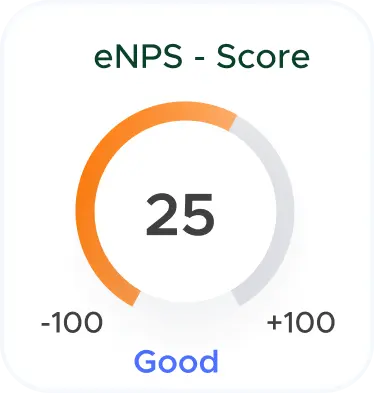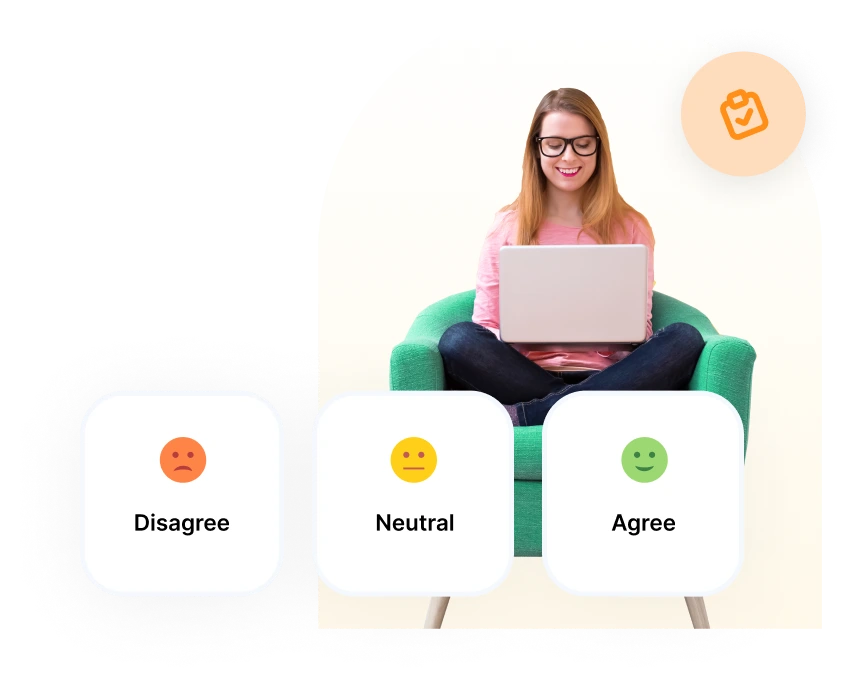✨ Jangan ketinggalan! Daftar untuk Webinar Penghargaan Pekerja kami yang dijadualkan pada 29 Februari. 🎖️
✨ Jangan ketinggalan! Daftar untuk Webinar Penghargaan Pekerja kami yang dijadualkan pada 29 Februari. 🎖️
Daftar sekarang
Terma Glosari Pengurusan Sumber Manusia dan Manfaat Pekerja
A meal voucher is a prepaid certificate or token provided by an employer to an employee, typically redeemable at designated restaurants or food establishments, allowing the employee to purchase meals or food items.
Meal vouchers are prepaid vouchers or cards provided by employers to employees as a benefit to cover the cost of meals. These vouchers typically have a specific monetary value and can be used at participating restaurants, cafeterias, or food establishments to purchase meals or food items. Employees can redeem meal vouchers in place of cash payment, making them a convenient and tax-efficient way to subsidize meal expenses.
Meal vouchers are commonly accepted at a variety of establishments, including restaurants, cafes, fast-food chains, canteens, and food delivery services that have partnered with the issuer of the vouchers. The specific list of participating establishments may vary depending on the provider of the meal vouchers and any agreements or partnerships they have established with merchants.
Meal vouchers are often distributed to employees either physically or electronically, depending on the preferences and policies of the employer. Physical meal vouchers are usually issued as paper vouchers or cards that employees can present to participating merchants for redemption. Alternatively, some employers may opt for electronic meal vouchers, which are loaded onto a digital platform or mobile app, allowing employees to access and redeem vouchers electronically.
Employers benefit from offering meal vouchers to employees in several ways, including:
Meal vouchers differ from other employee benefits such as meal allowances or cafeteria plans in several ways:
While meal vouchers are intended to cover the cost of meals, there may be certain restrictions on how they can be used. For example, meal vouchers may not be redeemable for alcoholic beverages, tobacco products, or non-food items.
Additionally, some meal voucher providers may specify certain usage limitations, such as expiration dates, maximum daily or monthly limits, or restrictions on combining multiple vouchers for a single transaction.

Ini ialah tinjauan ringkas yang boleh dihantar dengan kerap untuk menyemak pendapat pekerja anda tentang sesuatu isu dengan cepat. Tinjauan ini terdiri daripada kurang soalan (tidak lebih daripada 10) untuk mendapatkan maklumat dengan cepat. Ini boleh ditadbir secara berkala (bulanan / mingguan / suku tahunan).

Mengadakan mesyuarat berkala selama sejam untuk sembang tidak formal dengan setiap ahli pasukan adalah cara terbaik untuk memahami apa yang berlaku dengan mereka. Oleh kerana ia adalah perbualan yang selamat dan peribadi, ia membantu anda mendapatkan butiran yang lebih baik mengenai sesuatu isu.

eNPS (pekerja skor Net Promoter) adalah salah satu cara yang paling mudah tetapi berkesan untuk menilai pendapat pekerja anda terhadap syarikat anda. Ia termasuk satu soalan menarik yang mengukur kesetiaan. Contoh soalan eNPS termasuk: Bagaimana kemungkinan anda mengesyorkan syarikat kami kepada orang lain? Pekerja bertindak balas terhadap kaji selidik eNPS pada skala 1-10, di mana 10 menandakan mereka 'berkemungkinan besar' untuk mengesyorkan syarikat dan 1 menandakan mereka 'sangat tidak mungkin' untuk mengesyorkannya.

The value and frequency of meal vouchers provided to employees can vary depending on the employer's policies and budgetary considerations. Some employers may offer meal vouchers as a fixed amount per meal, while others may provide vouchers on a periodic basis, such as daily, weekly, or monthly.
Additionally, there may be limitations on the total annual value of meal vouchers provided to employees to ensure compliance with tax regulations and budget constraints.
In many cases, meal vouchers can be used for takeaway or delivery orders, depending on the policies of the voucher issuer and the participating merchants. With the rise of food delivery services and online ordering platforms, many establishments now accept meal vouchers for takeaway or delivery orders placed through their platforms or apps.
However, it's essential for employees to check with the specific merchant or review the terms and conditions of the meal voucher to confirm eligibility for takeaway or delivery purchases.